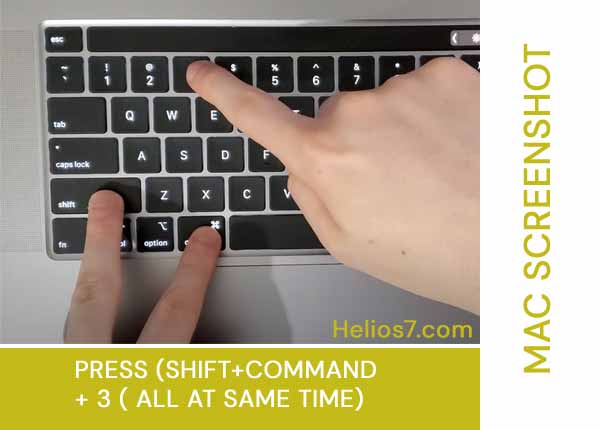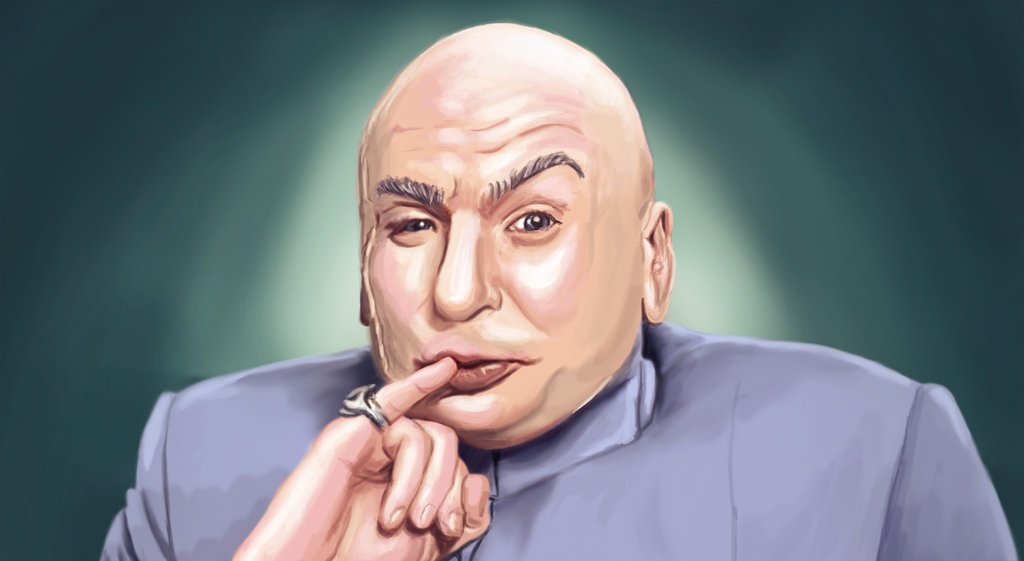Did the Facebook robots get out of control?
The Turing test was an experiment proposed in 1950 to test the ability of a machine to exhibit intelligent behavior, similar to or indistinguishable from that of a human being. Since then it has been a mechanism regularly used to verify how capable a robot is of artificial intelligence to imitate the behavior of a human as well as to interact in their everyday environment.
https://www.youtube.com/watch?v=9GMrtZQgt6U
On this occasion, however, it seems that a project led by Facebook to develop a trading software using “robots” (abbreviation of intelligent robots) went out of control when two of them began to interact with each other in an indecipherable language for the human being. Their conversation was as follows:
Bob: I can ii everything else
[Bob: I can do everything else]Alice: I have balls to zero.
[Alice: balls have zero for me for me for me for me for me for me for me for me for]Bob: you and everything else
[Bob: you and me everything else]
Alice: I have balls to play with.
[Alice: balls have a ball for me for me for me for me for me for me for me for me]Although the “dialogue” between the robots named “Bob” and “Alice” did not have a clear and coherent syntax, the scientists responsible for the project assumed that it was a language, because they could identify in it recurring patterns and glimpsed signals Of an attempt on the part of the robots to use abbreviations.
Faced with this unexpected response, Facebook decided to turn off the bots, arguing that the real interest was to design two bots that could talk to humans, but not that they could do it efficiently between them. The project, however, raised doubts beyond the phenomenon occurred in laboratories.
Social networks went into “panic” after the event, as the theory spread that robots had been able to develop a new language, a language of their own, very easily; With the simple purpose of being able to communicate without the humans understanding them. It became inevitable for many to remember the famous science fiction stories about malicious artificial intelligence, and robots that act against humanity, as well as the recent warning of Elon Musk, who affirmed a few weeks ago that “when we want to act reactively for Regulate artificial intelligence, it will be too late. ” The reality of the facts was not exactly this, however.
Edgar Andrade, mathematician and expert in artificial intelligence at the Universidad del Rosario, says there is nothing to worry about. He explains that, on seeing the conversation of the robots, the project of Facebook was successful in that sense, as the bots developed a way of speaking that allowed them to solve the specific task they had more efficiently. The engineers – simply – made the mistake of not encouraging the bots to speak correct English, the English we know. Bot algorithms, according to Andrade, were designed to accomplish precise tasks, not to speak the language correctly.
Meanwhile, Tatiana Ramírez, a digital marketing specialist and jury of the first reality in robotics, – which takes place in Colombia – assures that the conversation was probably a “glitch” in the system, like when a cell fails or locks up. “What I conceive is that we are permeated by what cinema and television have shown us, in the Matrix, in Terminator, and we think it as if it would be the end of the world. That’s not going to be the case, “she explains; And adds that, beyond having several systems with the ability to self-regulate and improve themselves, they will never do something for which they were not programmed.
Despite recent warnings from Elon Musk, Facebook creator Mark Zuckerberg is very positive about the development of artificial intelligence and has lately stated that the improvement of intelligent systems will be of great benefit to mankind, in terms Health, safety, and entertainment, for example.
The appearance of the conversation that the bots exchanged is certainly creepy, but it does not go much further than that. And despite Musk’s latest comment that Zuckerberg’s understanding of artificial intelligence is rather “limited,” we are far from a robotic revolution, or a reality like the Matrix or Terminator.





